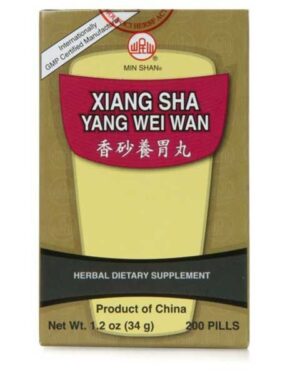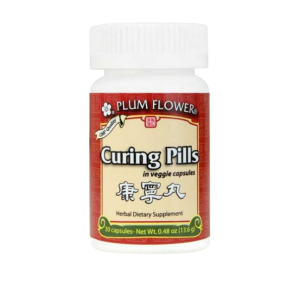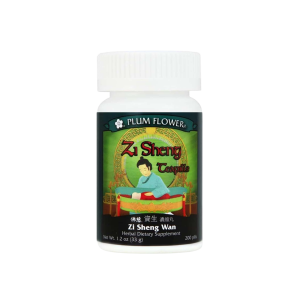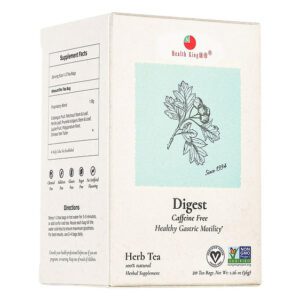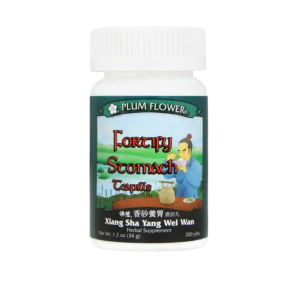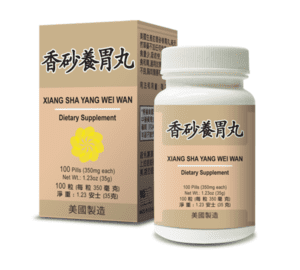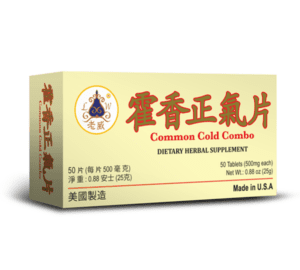Huo Xiang
English Name: agastache, wrinkled giant (purple) hyssop, Chinese patchouli, Korean Mint
Pharmaceutical Name: Herba Agastache
Medica Category: Aromatic Damp-Dissolving Herbs
Properties: Huo Xiang enters the Spleen, Stomach, and Lung channels; it is acrid in nature and slightly warm and aromatic in temperature.
What is Huo Xiang?:
The Chinese Herb Huo Xiang is an herbaceous, perennial herb in the mint family native to East Asia (Agastache rugosus; Agastaches seu Pogostemi) that blooms with showy, fragrant flowers atop rigid stems. Light-green, toothed leaves exude the scent of anise when crushed, and it is these leaves that are dried and used as medicine.
Traditional Chinese Medicine (TCM) Therapeutic Actions of Huo Xiang:
Huo Xiang is strong herb—quite aromatic and drying—and is used in Chinese Medicine to dispel dampness from both the interior (i.e. from the Spleen, where accumulated dampness can lead to stagnation, bloating, distention, and even nausea) and from the exterior layers as well. This makes Huo Xiang especially effective at clearing summer damp-heat, a term which describes the feelings of nausea, distention, and bloating one might experience when becoming “overheated” working out in hot, humid summer weather.
Huo Xiang harmonizes the middle jiao to relieve nausea and vomiting where dampness and turbidity are impairing the Spleen’s transform & transport functions.
Huo Xiang is used topically to treat fungal infections of the hands and feet.
Huo Xiang and Pei Lan are similar in their actions and often used together—Huo Xiang being better at resolve dampness and turbidity from the middle and Pei Lan complementing this action by resolving feelings of oppression in the chest (that are accompanied by a sweet taste in the mouth and sticky saliva).
additional notes:
Guang Huo Xiang (the aerial parts of Pogostemon cablin (Blanco) Benth) has similar functions and applications to Huo Xiang and is commonly used as a substitute. Entering the Spleen, Stomach, and Lung channels, it is acrid in nature and slightly warm in temperature. It dispels heat and dampness and by this action helps to relieve nausea and vomiting.

